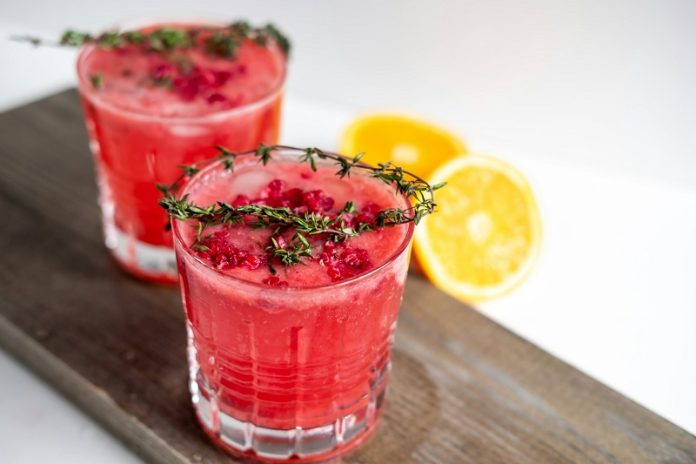
Beetroot juice has recently emerged as a star in natural health circles, particularly for its potential to lower high blood pressure, a condition also known as hypertension.
Hypertension affects millions globally and can lead to severe health issues like heart disease and stroke. Let’s dive into why beetroot juice might just be the natural remedy many are searching for.
Beetroots are rich in nitrates, natural compounds that play a significant role in blood pressure regulation. When you consume beetroot juice, these nitrates are converted by the body into nitric oxide, a molecule that helps relax and dilate blood vessels.
This dilation allows blood to flow more freely, helping to reduce blood pressure.
Numerous studies have highlighted the benefits of beetroot juice for those dealing with hypertension.
One of the key findings is that drinking a glass of beetroot juice can lead to a reduction in systolic blood pressure (the top number in a blood pressure reading) within just a few hours.
These effects, while temporary, suggest that regular consumption could contribute to long-term blood pressure control.
In one study, participants who drank beetroot juice daily showed significant reductions in blood pressure over a period of four weeks compared to those who didn’t drink the juice.
Researchers noted that the effects were most pronounced in individuals whose blood pressure was already elevated, making beetroot juice an attractive option for those struggling to manage their hypertension.
It’s not just the nitrates in beetroot juice that are beneficial. Beetroot is also packed with antioxidants and other nutrients that promote overall vascular health.
These nutrients help to reduce inflammation and protect blood vessels from damage, which can contribute to maintaining lower blood pressure levels over time.
Integrating beetroot juice into your diet is relatively simple. Many enjoy it as a standalone drink, while others mix it into smoothies or other juices to enhance its earthy flavor. It’s important, however, to consider the source of the juice.
Freshly juiced beetroots are preferred over store-bought options, which might contain added sugars that could detract from the health benefits.
Despite its benefits, beetroot juice should be introduced into any diet cautiously. It can lower blood pressure significantly, so if you’re taking blood pressure medication, it’s crucial to consult with a healthcare provider to ensure it won’t cause your blood pressure to dip too low.
Additionally, beetroot juice can affect the color of urine and stools, turning them a reddish hue, which although harmless, can be surprising.
For those looking to naturally manage their blood pressure, adding beetroot juice to a healthy lifestyle that includes balanced dieting, regular exercise, and stress management can be beneficial.
Yet, it’s essential to remember that while beetroot juice is a powerful tool, it should be part of a broader approach to health that includes medical advice and potential medication.
In conclusion, the vibrant red beetroot juice not only adds a splash of color to your diet but also offers significant health benefits, particularly for those with hypertension.
As research continues to uncover the potential of natural remedies like beetroot juice, it holds promise as part of a comprehensive strategy to combat high blood pressure.
If you care about blood pressure, please read studies about how diets could help lower high blood pressure, and 3 grams of omega-3s a day keep high blood pressure at bay.
For more information about blood pressure,, please see recent studies that beetroot juice could help reduce blood pressure, and results showing cinnamon could help lower high blood pressure.





